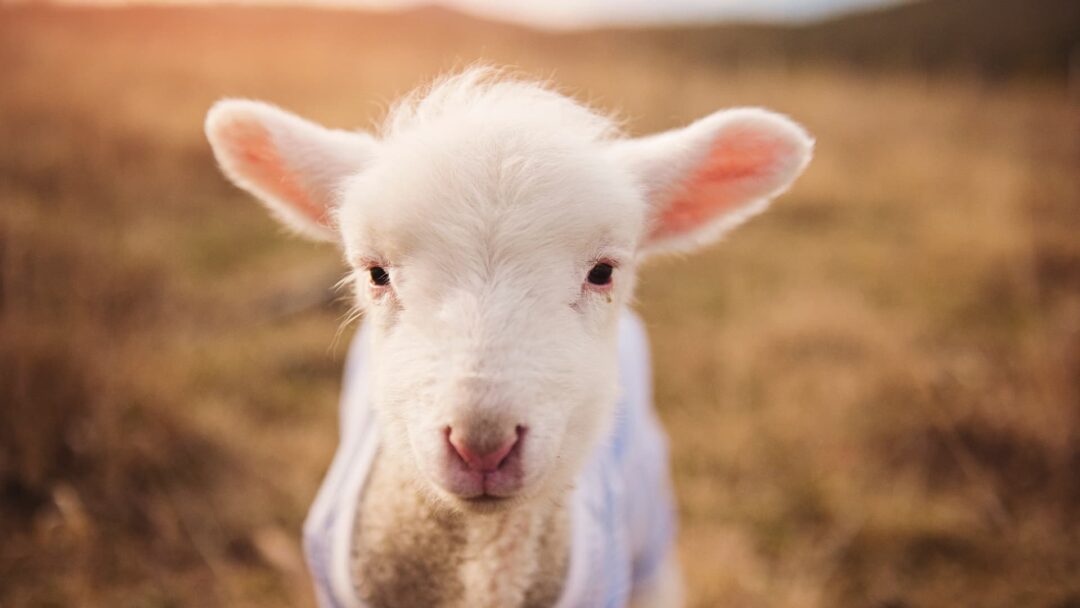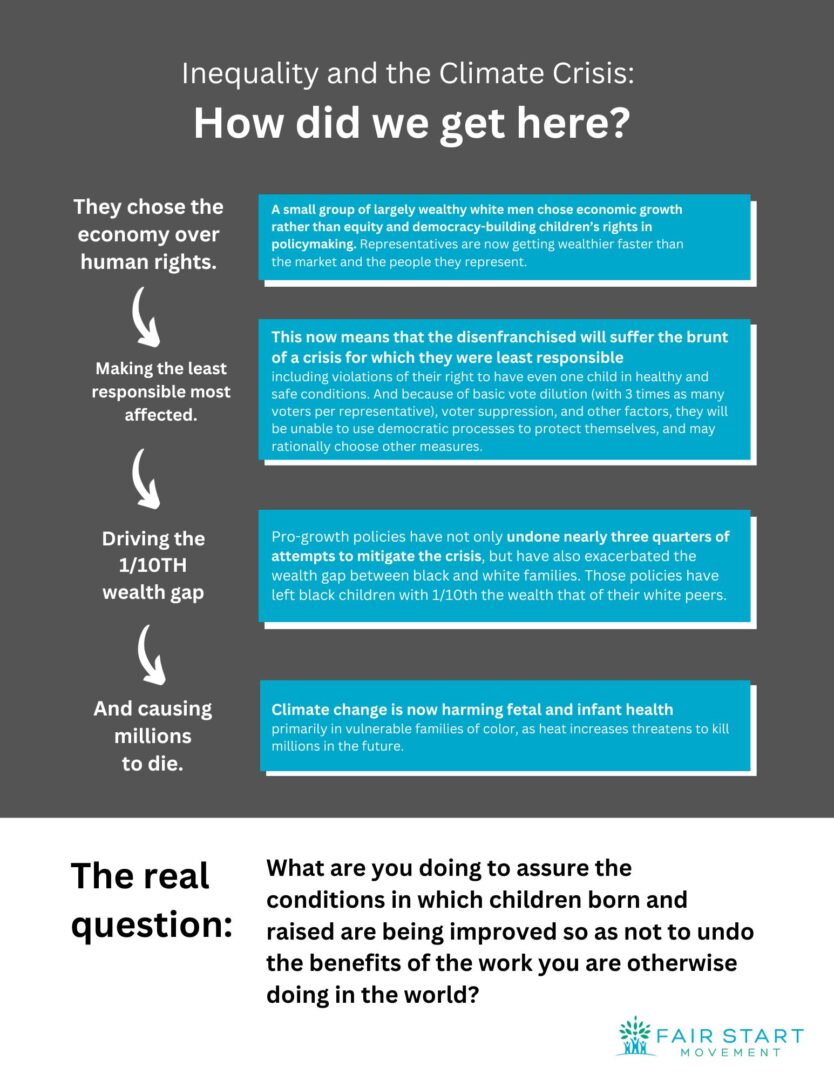By ESTHER AFOLARANMI, founder of Golden Love and Hands of Hope Foundation
Advocating for Sustainable Food Systems: Insights from Miyoko Schinner
Miyoko Schinner is a renowned vegan chef, entrepreneur, and advocate for plant-based living. She’s a prominent figure in the vegan community and her insights on sustainability, animal welfare, decolonization and the culinary aspects of plant-based diets are widely respected.
The Fair Start Movement, dedicated to advocating for equitable food systems and guaranteeing fair start for all children, recently engaged with Miyoko in an enlightening conversation. This interview sheds light on their collaborative efforts toward sustainability, food justice, animal rights protection and other ethical issues.

Listen to the interview below!
Interview Context: The discussion between Miyoko Schinner and Carter Dillard centered on the shared goals of promoting sustainable, plant-based diets and addressing food disparities in communities.
Miyoko has been passionate about animal rights since she was 12, when she went vegan. Her early recognition of the impact of dietary choices on animal welfare, coupled with her subsequent journey as a prominent figure in the vegan community, likely provides her with a unique perspective and depth of understanding regarding the ethical, environmental, and health-related aspects of veganism and the larger context of decolonizing food and other systems.’

Animal Rights Advocacy and Strategy
Advocating for animal rights requires a nuanced approach, particularly in today’s diverse and often polarized social and cultural landscape. Engage in conversations with empathy and respect for differing viewpoints. Acknowledge that people may have varying cultural, religious, or personal beliefs that influence their perspectives on animals and engage respectively, but not timidly.
By integrating humility into advocacy efforts and addressing the multifaceted nature of animal rights in today’s society, advocates can foster meaningful conversations, build bridges, and contribute to positive changes in animal welfare.

Animal rights advocates from Western countries should approach advocacy in Africa with cultural sensitivity. The concept of ‘white saviourism’ is a narrative of Western superiority and the idea that Western intervention is necessary for solving local issues. Recognize and respect diverse cultural relationships with animals and wildlife, avoiding the imposition of Western ideals.
The Movement Extends Far Beyond Financial Incentives or Gains
While financial resources are essential for supporting initiatives, the essence of the movement is deeply rooted in ethical, moral, and philosophical considerations that transcend monetary aspects.

Making Climate Reparations
The idea is rooted in the belief that those most affected by climate change, often in developing or vulnerable communities, should receive compensation or support for the damages and losses incurred due to climate-related disasters or environmental degradation, and allocating losses and benefits.
Reviving Community Spirit and Fostering Equity in Society
The essence of community, once a cornerstone of human existence, holds the key to addressing the growing disparities and fostering fairness in our shared spaces. Building Solidarity and Collaboration that amplifies impact, creating a web of support that uplifts the most vulnerable.
Miyoko’s Children Project
Miyoko runs a project that impacts hundreds of children. To be a part of it and support learn more here.
Key Takeaways:
In this insightful dialogue, Miyoko and Carter Dillard highlighted:
- The critical role of plant-based diets in mitigating environmental impact.
- Strategies for addressing food deserts and enhancing access to nutritious meals.
- Collaborative efforts in advocating for policy changes to support sustainable food systems.
- The role of decolonization as an overarching frame for social justice movements like veganism and animal rights.
Conclusion:
The dialogue between Miyoko Schinner and the Fair Start Movement exemplifies the importance of collaborative efforts in advocating for sustainable food systems. Their insights inspire us to reflect on our choices and work towards a more equitable and environmentally conscious future.
Additional Resources:
Learn more about Miyoko’s work and the Fair Start Movement’s initiatives.
Editor’s Thoughts
In the pursuit of a more equitable world, discussions between advocates such as Miyoko Schinner and Carter Dillard shed light on pivotal themes: Sustainability, advocating for animal rights, and addressing climate reparations.
Discussions like this, emphasizing the ethical treatment of all living beings, including animals is highly commendable. Animal rights advocacy extends beyond personal dietary choices but aims to transform societal norms by fostering empathy and redefining humanity’s relationship with animals.
On climate reparations, given the historical responsibility of high-emitting countries and industries, it will be only right for these countries to make restitution, as in compensation for the profound damages that led to the climate change. Vulnerable communities disproportionately affected by environmental degradation ought to be supported.
Their conversation delved into the interconnectedness of these themes, emphasizing the importance of ethical considerations, justice, and responsibility in advocating for animal rights, addressing climate change, and striving for positive societal changes beyond financial incentives.


